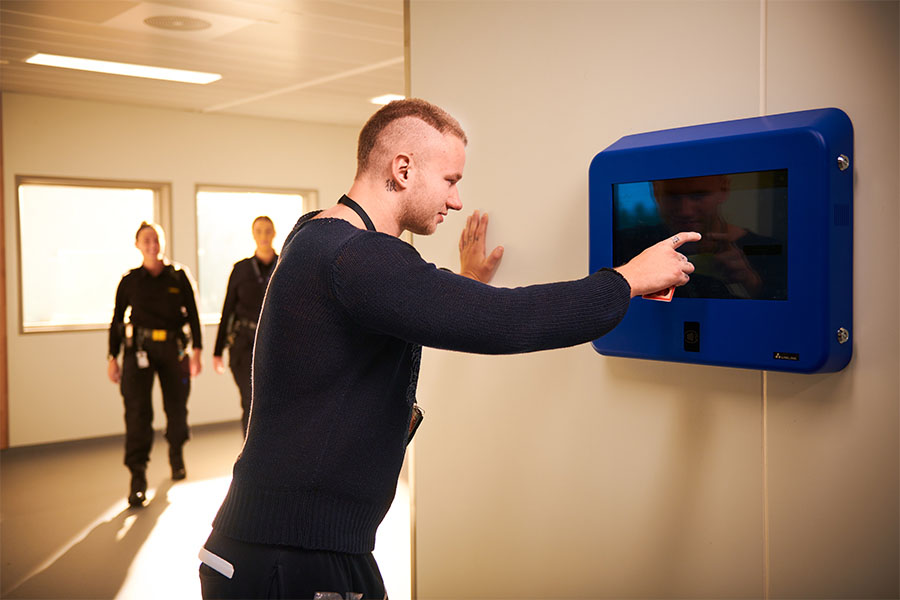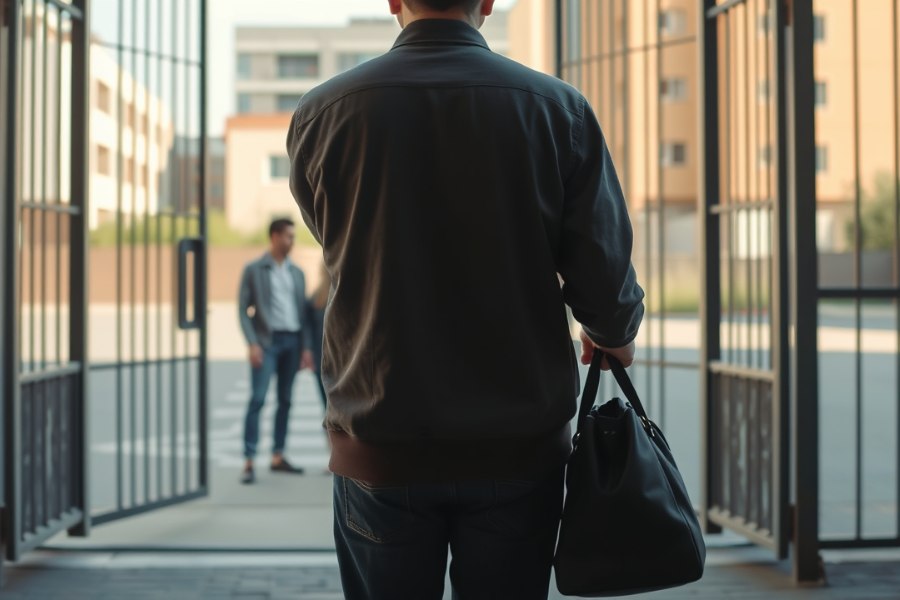Article
Francis Toye
In a remarkable achievement, South Australia has emerged as a leader in tackling recidivism rates, boasting the lowest figures across Australia. The release of the “10BY20 Report” by The Department for Correctional Services (DCS), Government of South Australia, unveils a striking downturn in recidivism rates, surpassing the ambitious target set for 2020. This success story is not just a testament to effective strategies but also highlights the transformative impact of innovative technological solutions, such as Unilink’s software solutions, in the realm of offender rehabilitation.
The journey towards reducing reoffending began in 2016 when the State Government launched the “Reducing Reoffending: 10% by 2020” strategy, aiming to address the high rates of recidivism and foster safer communities. The baseline reoffending rate of 46.1% set the stage for an ambitious target of a 10% reduction, down to 41.4%. Key part of the success of this endeavour has been the integration of evidence-based programs and innovative solutions amongst which Unilink’s Prisoner Self-Service, known as the Kiosk Express System. This system revolutionised the way prisoners interact with correctional facilities, empowering them to become self-sufficient in various aspects of their daily lives within the confines of incarceration.
David Brown, Chief Executive of DCS, underscores the significance of this approach, emphasising the need for efficiency and effectiveness improvements within the system.
The introduction of self-service kiosks not only streamlines administrative processes but also fosters greater autonomy among prisoners, enabling them to manage their day-to-day affairs with ease.
This shift from traditional, paper-based systems to modern, technology-driven solutions marks a pivotal moment in enhancing the prison environment and promoting offender rehabilitation through their need to ttake responsibility for their own lives.
The Kiosk Express System offers prisoners a range of functionalities, including ordering canteen items, managing finances, accessing information, and even self-referring to health services. Carol Zulian, Project Manager for the system, highlights its role in aligning prisoners with contemporary IT systems, thus facilitating their reintegration into society upon release.
While the 10BY20 Report does not explicitly attribute the reduction in recidivism rates to the utilization of self-service mechanisms, parallels drawn from similar initiatives in the United Kingdom suggest a compelling correlation. Independent research conducted by renowned institutions such as the University of York and Portsmouth University further validates the positive impact of Unilink’s Prisoner Self-Service technology.
The findings indicated improvements in programme completions, a statistically significant reduction in reoffending rates, and enhanced staff efficiency, all contributing to a more rehabilitative prison environment.
In line with those results are also the findings from the “Evaluation of digital technology in prisons” report, produced by Ministry of Justice in the UK in 2020.
The research, done by University of Leicester, indicates that prisoners and staff perceived that the accessibility of the self-service kiosks and laptops were a significant improvement on previous arrangements of the paper applications system.

The self-service kiosks and laptops were also seen as a good resource by staff and prisoners, as found in the interviews/focus groups and prisoner surveys.
The qualitative research found that both staff and prisoners thought that the self-service kiosks and laptops had led to an increase in prisoners’ feelings of agency and autonomy, with this seen as a key benefit of the technologies. Giving prisoners more responsibility for the tasks that could be completed on the kiosks and laptops was also seen as having potential to reduce friction between prisoners and staff.
David Brown acknowledges the transformative potential of technology in advancing offender rehabilitation, envisioning future endeavours to network prisoner education and vocational training across correctional facilities. The success achieved thus far underscores the importance of continuous innovation and collaboration in addressing complex societal challenges.
As of the latest report, South Australia’s recidivism rate stands at an impressive 39.3%, representing a remarkable 15% reduction from the baseline figure over-achieving on the target significantly.
This accomplishment not only positions South Australia as a pioneer in offender rehabilitation but also sets a benchmark for other jurisdictions to emulate.
In this journey towards a safer and more inclusive society, Unilink takes pride in its role as a partner in success, committed to supporting DCS in realizing the goals of the 20by26 Strategy.
As technology continues to evolve, the potential for innovative solutions that support offender rehabilitation remains boundless, promising brighter prospects for individuals looking to reform and communities striving for resilience.

Francis Toye is the Founder and CEO of Unilink, an internationally recognised company founded in 1994 that specialises in providing cutting edge integrated solutions for Corrections. With a highly skilled team of over two hundred professionals, and working closely with correctional experts and global authorities, the company has developed a comprehensive range of solutions to address the specific needs of the industry. Its rich portfolio of proven solutions underpins digital transformation in prison and probation services across the UK, Europe, Australia, and New Zealand. The company constantly strives to innovate offender management in prison and in the community. Unilink is a multi-award-winning company, including the King’s Award for Enterprise in International Trade in 2023.



